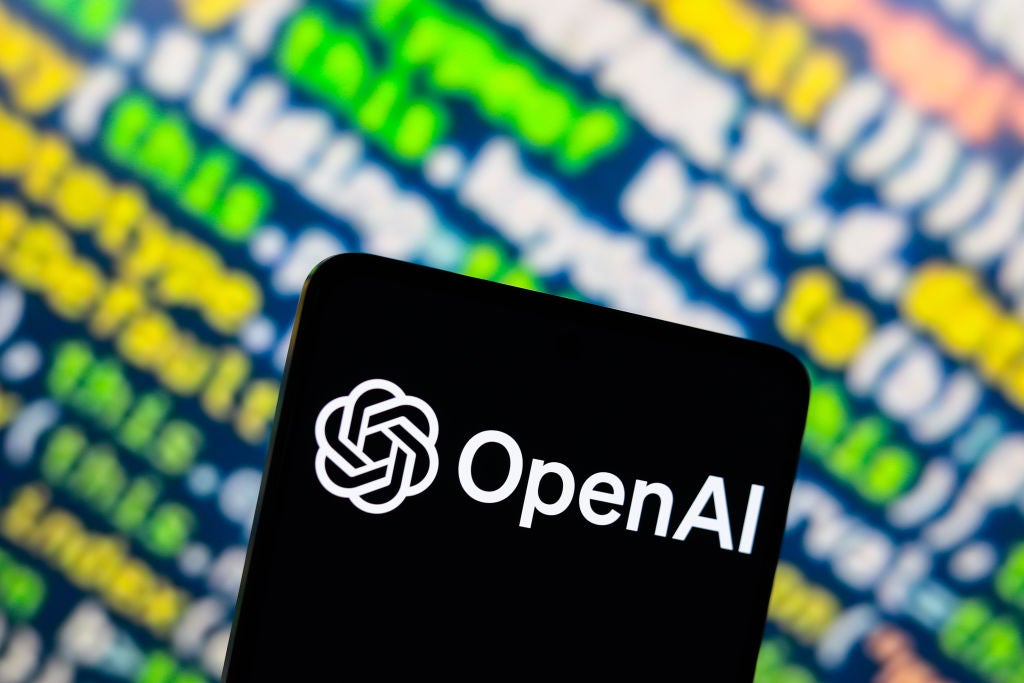
With the European elections taking place on the 23 June, 512 million people are expected to go to the polls, including UK voters who were not previously expected to vote under the original Brexit deadline.
However, as well as the ongoing political uncertainty, the issue of fake news has resurfaced, as it has during almost every major political event over the past few years, with EU leaders urging governments to do more to tackling disinformation and foreign interference.
According to the European Commission’s Eurobarometer, 73% of Internet users in Europe are concerned about disinformation in the run-up to the EU parliamentary elections, and Facebook has announced that it will be ramping up its fact checking efforts in the run-up to the election, and is reportedly deleting fake accounts.
However Mozilla is tackling another aspect of online manipulation in which user data can be used to target specific groups with its EU Elections Toolkit.
Mozilla’s EU Elections Toolkit
Mozilla is launching its Firefox EU Elections Toolkit, designed to increase voters’ awareness of online manipulation, such as tracking, targeting and bots, with “easy-to-understand language, with helpful tools to make independent, informed decisions”.
Although the web browser has praised efforts to increase public awareness of fake news, it claims that fake news is not the main issue anymore, and instead has decided to focus on the “technical ways to manipulate voters on the internet”, which have not yet received the same amount of information.
How well do you really know your competitors?
Access the most comprehensive Company Profiles on the market, powered by GlobalData. Save hours of research. Gain competitive edge.

Thank you!
Your download email will arrive shortly
Not ready to buy yet? Download a free sample
We are confident about the unique quality of our Company Profiles. However, we want you to make the most beneficial decision for your business, so we offer a free sample that you can download by submitting the below form
By GlobalDataMozilla explains that users’ personal information may be collected through scripts or widgets called trackers when they browse websites. Information such as interests, location, religion, gender and age, is of great interest to those wanting to influence voter behaviour via the ads or information they see online.
The EU Elections Toolkit provides information on how tracking and election advertising may influence voters, including easy-to-understand videos to educate those who are not tech-savvy. This is designed to equip voters with the information needed to block tracking and limit the data collected, such as using private modes, how to recognise opaque political advertising, and how to approach possible fake news.
It also includes information on how EU elections work, as well as the EU as an institution, from trustworthy sources.
Furthermore the guide includes details of browser extensions recommended by Firefox designed to limit online tracking, such as BotCheck.me, designed to check twitter accounts for potential bot activity, and the Facebook Container Extension, which prevents Facebook from tracking users across the web.







